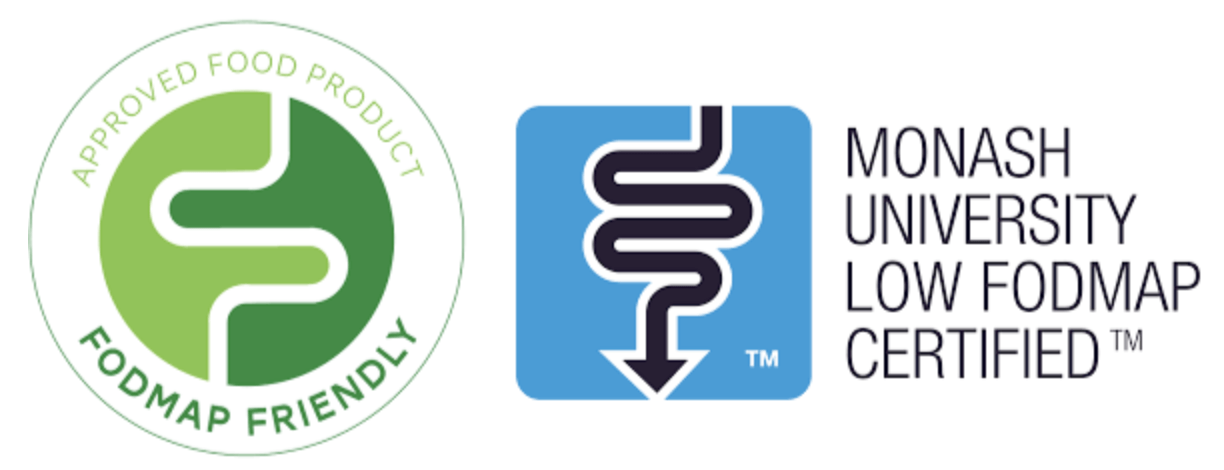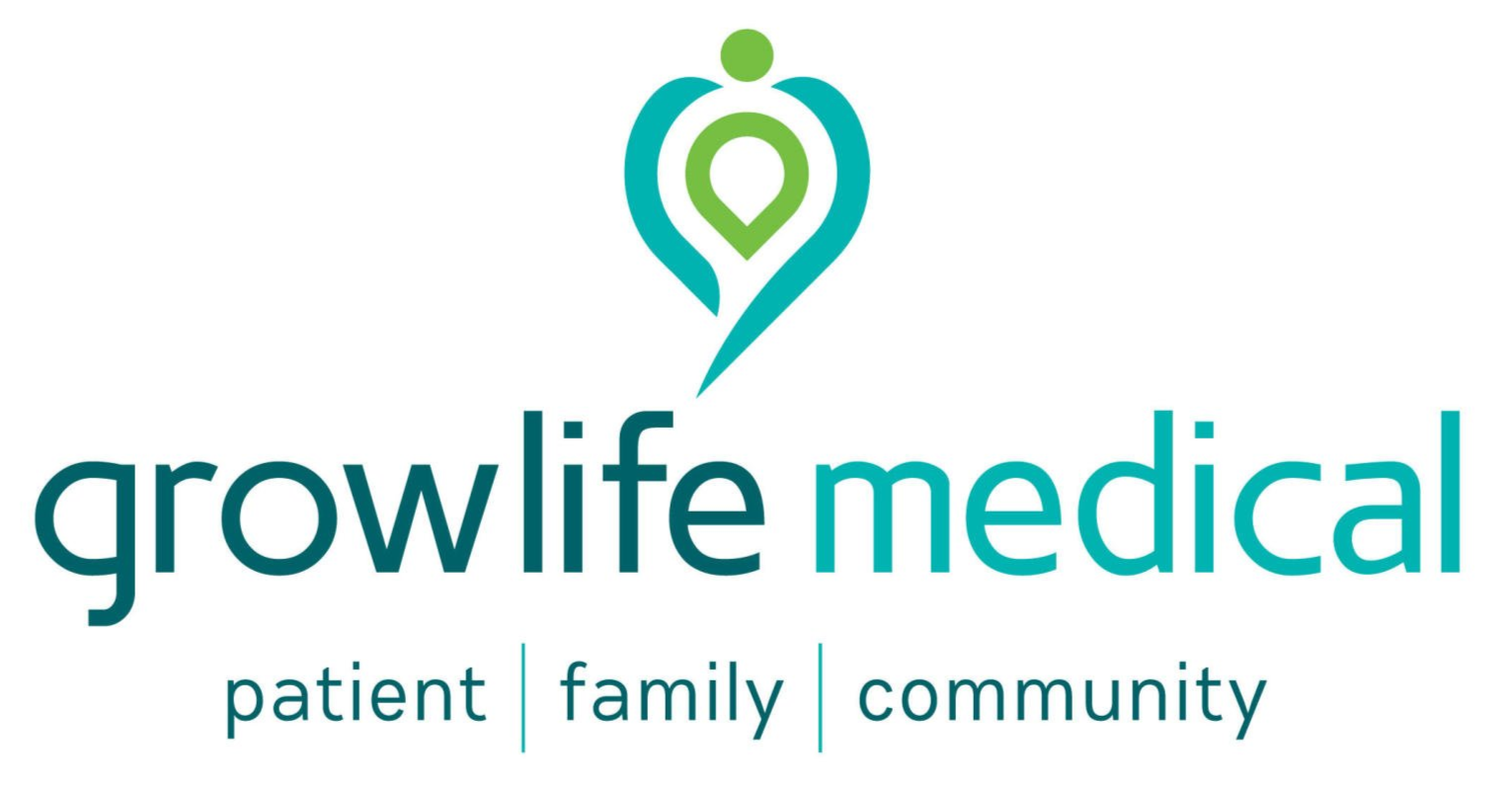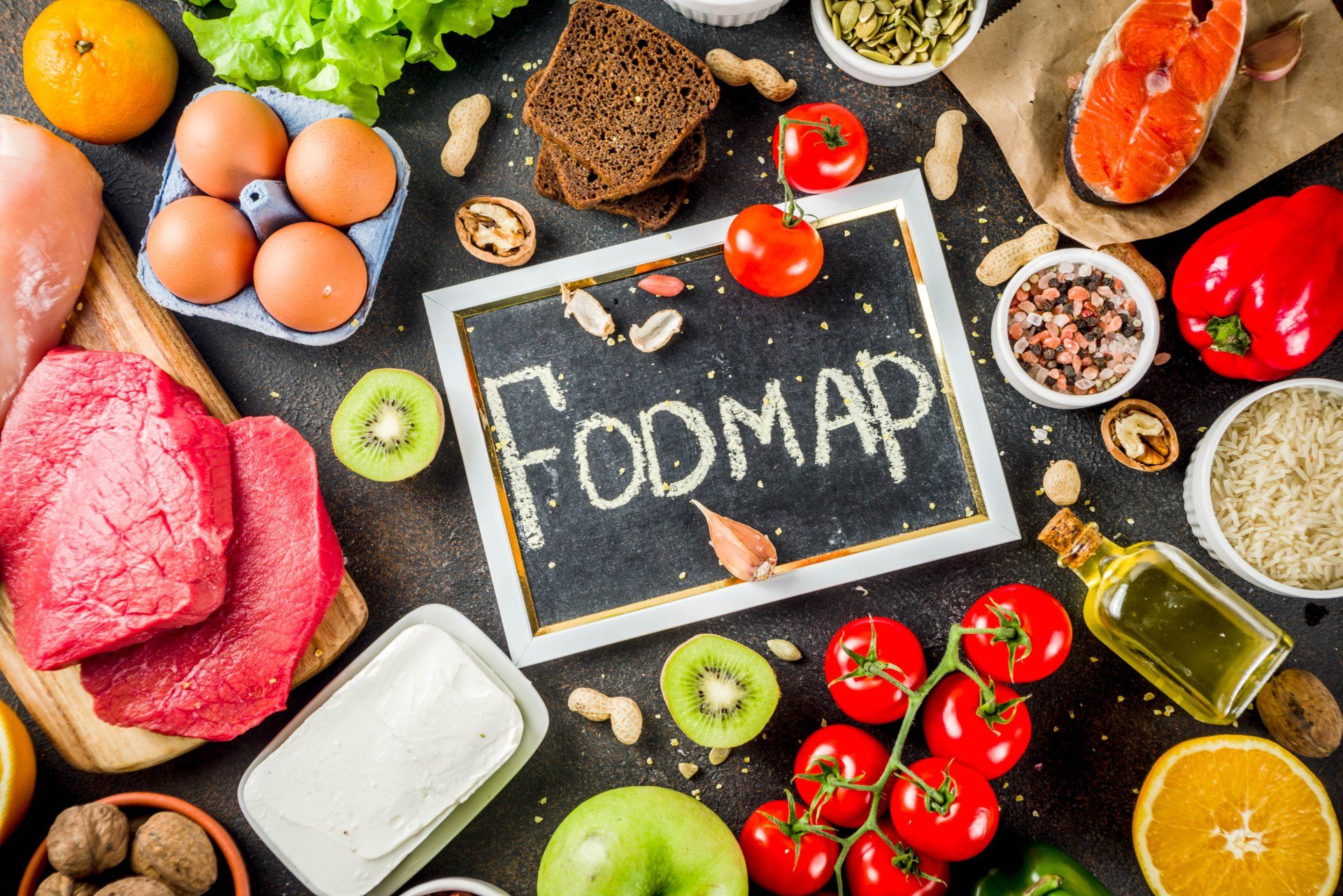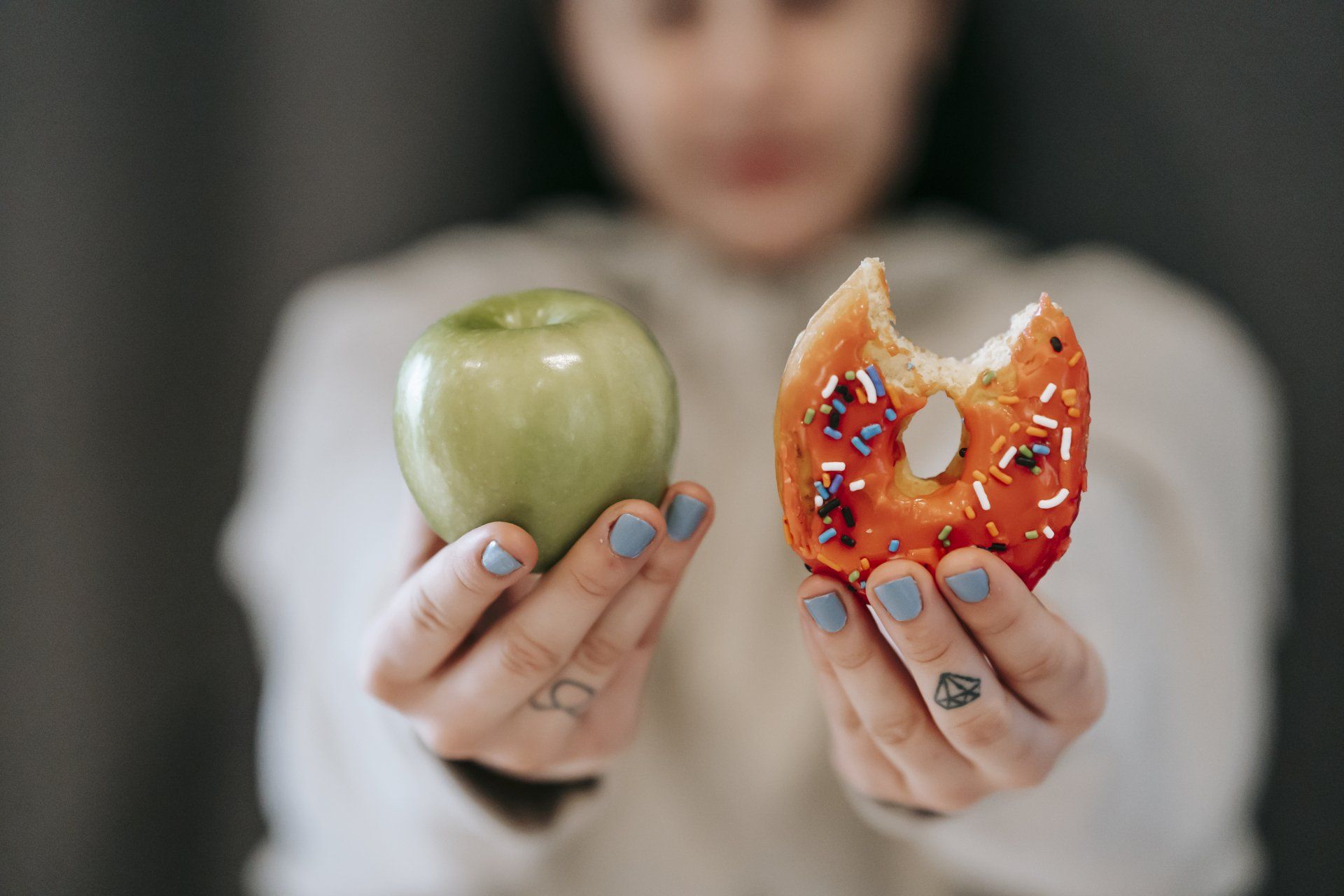Did you know that April is Irritable Bowel Syndrome (IBS) awareness month?
So, what better time to understand “FODMAPs” and the role they play in your diet and management of IBS.
I encourage you to come on a journey with me to explore the ‘ins and outs’ of the FODMAP diet. There is lots to learn and plenty of myths to bust, so I will be presenting this blog in two parts.
Just before we get started, it is important to note that not all bloating, gas and other abdominal symptoms is IBS. Whilst IBS is benign and is one of the most common disorders of the gut, it also mimics many serious diagnoses such as inflammatory bowel disease, bowel cancer, endometriosis, and other abdominal problems. So, it is important to have a medical diagnosis from your GP and possibly a gastroenterologist prior to commencing a FODMAP diet for what you think is IBS.
Now, let’s get started with part one!
What are FODMAPs and how are they related to Irritable Bowel Syndrome?
FODMAP:
The acronym FODMAP stands for “Fermentable Oligosaccharides, Disaccharides, Monosaccharides and Polyols”. I am sure you now understand why we just call them “FODMAPs”! Basically, FODMAPS are a group of sugars that are poorly absorbed in the small intestine. So, they continue to travel through our intestinal tract and into the large intestine. Here, they produce gas- which can cause flatulence (or wind), and they can also attract water- which may cause bloating. FODMAPs are found in everyday foods including particular dairy products, wheat and other grains. They are also in certain fruits and vegetables.
IBS: Irritable Bowel Syndrome is a common functional gastrointestinal disorder which affects around 15% of adults. What is the cause, you might ask? Good question! Unfortunately, it is not an area that is well understood. However, we do know lots of common symptoms experienced by this population are bloating and distention, excessive wind, abdominal pain and even constipation and/or diarrhea. Unfortunately, these symptoms can have a significant impact on our everyday life and can be the cause of unnecessary anxiety and stress.
High levels of FODMAPs in our diet can exacerbate symptoms in those with IBS. Evidence suggests dietary restriction of particular FODMAPs can improve symptom control of IBS.
"
Unfortunately, there are lots of misconceptions surrounding this diet and when/how to use it. So, keep reading and we can demystify these together!
Myth One: A FODMAP Diet Will Cure Irritable Bowel Syndrome
Unfortunately, there is no cure for IBS. There are plenty of strategies to manage and mitigate the symptoms, but there is no known ‘quick fix’ for this health condition. Many find their symptoms improve on a FODMAP diet, but they usually do not disappear. This is because there are so many other factors that contribute to symptoms such as stress, exercise, large meals, quick eating (just to name a few!) - your diet is really only one part of the puzzle.
Myth Two: You Must Eliminate All FODMAPs From Your Diet
This is one of the most common myths; that all FODMAP groups need to be eliminated from your diet to help with symptom management. This is certainly not the case. The diet consists of consuming low amounts of certain FODMAPS (rather than none at all).
Firstly, unlike allergies and coeliac disease, cross-contamination is not a major issue on the FODMAP diet. On your symptom management journey, you will find that for each FODMAP food or group you will have a level of tolerance. For example, perhaps you can have a quarter of an avocado, but anything more will send you straight to the toilet! Or perhaps you cannot have more than 1/8th of a clove of garlic without feeling bloated. It is just a matter of finding where that threshold lies – and don’t forget, it will be different for everybody!
Secondly, part of the process in creating an individualised FODMAP diet includes an elimination phase which removes all FODMAP groups, followed by a reintroduction phase where you determine which groups are tolerated versus which are triggers. As opposed to staying in that total elimination phase, you may find only a few groups you are sensitive to, as opposed to all of them. So, it would be unnecessary and inappropriate to restrict FODMAP groups that you are not sensitive to.
Myth Three: A Low FODMAP Diet Is Dairy Free
Your individualised FODMAP diet may be a low lactose diet if lactose-containing foods are one of your triggers, but it does not need to be dairy free.
Lactose is a disaccharide and stands for the D in FODMAP. This means you may need to avoid or limit dairy products that have moderate to high levels of lactose, such as cow's milk yoghurt, ice-cream, sour cream, etc. However, you can still enjoy some dairy products like butter, hard cheeses, and lactose-free milk or yoghurt
Myth Four: A Low Fodmap Diet Is Gluten Free
Gluten is a protein found in wheat, rye and barley, whereas FODMAPs are carbohydrates. It is often the fructans (a type of oligosaccharide – represented by the ‘O’ in FODMAP) in wheat, rye and barley that cause the digestive issues, not the gluten.
Gluten free products may be recommended in some instances as they help remove several major sources of FODMAPs from our diet. Don’t be caught out though! Not all gluten free products are FODMAP friendly, so it is important to learn how to identify low FODMAP products (eg. By searching for the FODMAP friendly logo).
Keep in mind small amounts of wheat, spelt and oats are all low FODMAP. This means you do not need to be worried about trace amounts of wheat or spelt, unless you also have coeliac disease. If you are eliminating all gluten on your FODMAP diet, you are unnecessarily restricting and limiting your intake.
Hopefully by this point you have consolidated a general understanding ar ound all of this FODMAP/IBS talk, and have become aware of some of the misleading statements in this area of nutrition.
If you are experiencing some of the symptoms we have mentioned here, and/or have noticed issues with your tolerance of certain foods, it is worth booking an appointment with one of our Growlife Medical GPs to investigate this with them. Call (07) 3154 2393
or book online. Alternatively, if you already have an IBS diagnosis, and are starting to figure out you perhaps don’t know as much as you initially thought, book an appointment with our Dietitian
to assist with lifelong management.
Stay tuned as Part 2 is on the way - lots more myth-busting to come!
To be continued...












